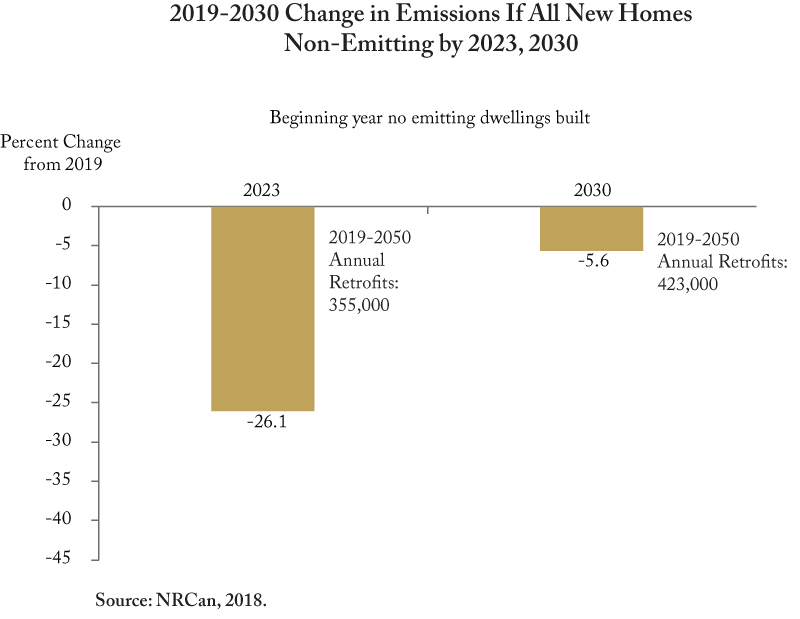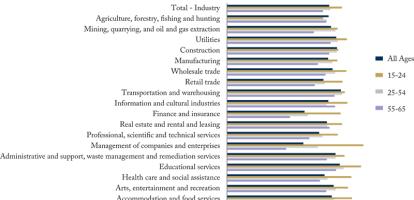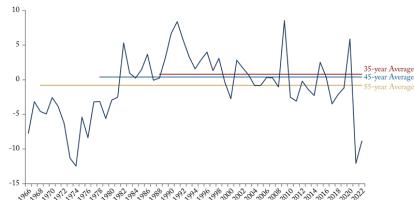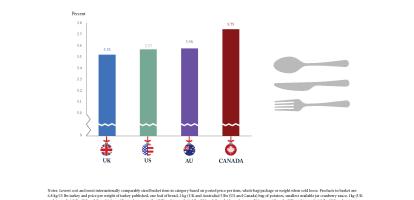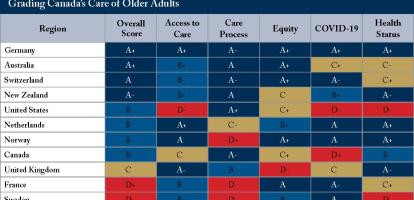Roughly 5.3 million Canadian homes are electrified now, leaving 10.2 million to be retrofitted. And this number will grow as more homes get built for a growing population. A total of 13.5 million homes need to be electrified by 2050. On average that’s almost 422,600 homes that will need to be retrofitted each year (1,158 per day). This is roughly equivalent to retrofitting the total number of Saskatchewan households each year for over 30 years.
What if all new buildings started as of today were net zero? Retrofit needs would drop by almost 2.2 million units, and the annual retrofit rate required to meet 2050 targets would drop to about 355,000 per year if no new emitting buildings came on the market after 2022.
But doing that many retrofits and making all new buildings net zero now doesn’t even get Canada close to 2030 emission reduction targets. To meet the 2030 42 percent reduction target, not only would all new homes be built after 2022 need to be net-zero, but the annual rate of retrofits would need to rise to 516,000 per year. That would mean one home would need to retrofitted every minute of every day.
And the cost can be significant. It costs between $12,000 and $17,000 to replace a fossil-fuel system with a heat pump. That does not take into account the potential need for backup heat during periods of extremely cold temperatures, or adding generating and transmission capacity to the electrical grid.
Our estimates suggest that total annual retrofit costs, just to households, would run from $4.5 billion to $6.3 billion. Cumulatively to 2050, this is $140-$200 billion, Canada-wide.
To point out the high costs of trying to achieve net zero and Ottawa’s unrealistic timelines is not to argue Canadians should not be concerned about climate change or support reducing GHG emissions. It is to say, however, that we need lower-cost ways of reducing emissions at a sustainable pace and with technology proven to work. For example, we need good, not net-zero, heating solutions like dual-fuel hybrid systems.
Read Charles DeLand and Alexander Vanderhoof's report for more.

